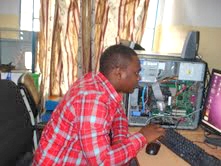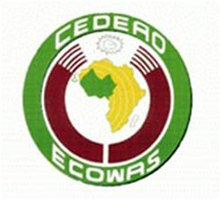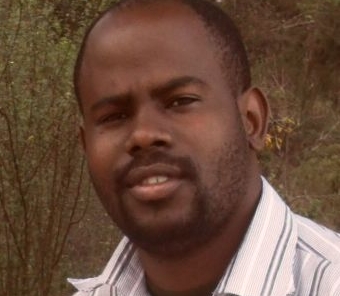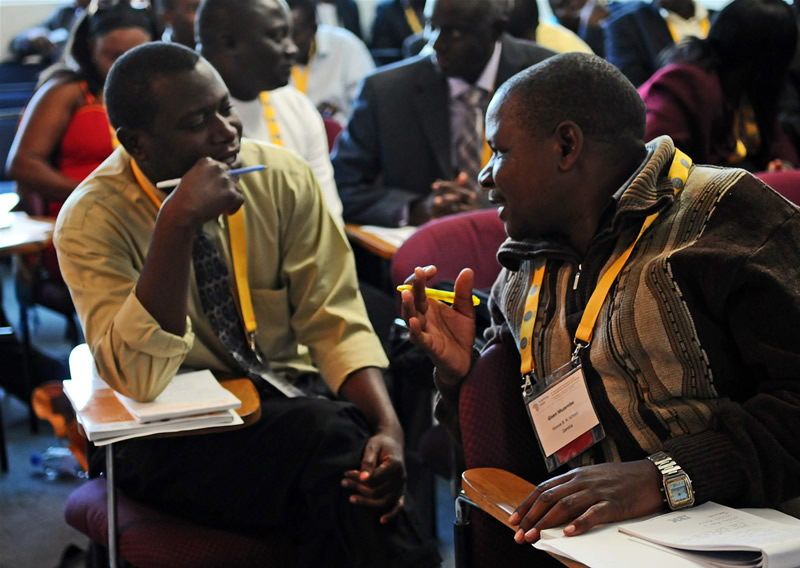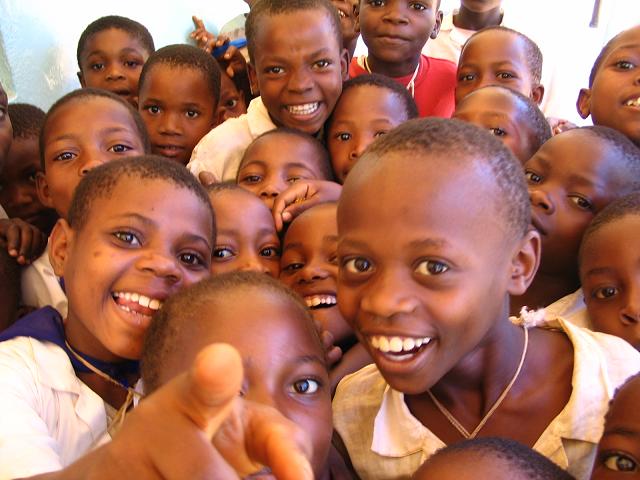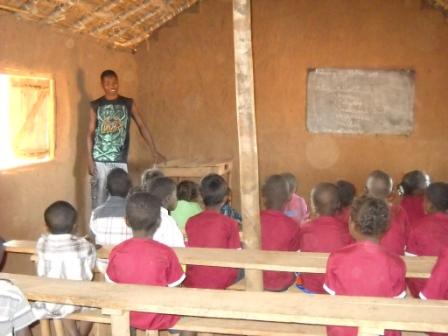One of the liveliest speakers in the plenary session at this year’s eLearning Africa is likely to be Mr Jenerali Ulimwengu. Well known in Tanzania and throughout East Africa as the host of a popular television talk show ‘Jenerali on Monday,’ Mr Ulimwengu is also a media mogul and the Chairman of Raia Mwema, a political newspaper.
Recent news
Wazup? How digital technologies are transforming the lives of young Africans
How do young Africans use social networks, chat forums and mobile phones? eLearning Africa 2011 will bring together a group of young African people, including twenty Tanzanians, to discuss the impact of ICTs on their lives. The session will be run entirely by young African people, while the ‘clueless’ older generation – those over 24 – will have observer status.
ICT hero from Kilimanjaro foothills wins conference scholarship
Ombeni Msuya, who has been working as the sole ICT technician at Tanzania’s National Institute of Transport (NIT), has won an eLearning Africa scholarship to this year’s eLA conference in Tanzania. EAST, the eLearning Africa Scholarship Trust, heard how a 22 year old IT expert born in a small village on the slopes of Mount Kilimanjaro had worked singlehanded at the country’s biggest […]
ECOWAS to sponsor eLearning Africa participation
One of the most significant challenges facing education in West Africa is the region’s young, dynamic and fast growing population: Almost 70 percent of the estimated 230 million people in the Economic Community of West African States (ECOWAS) are under the age of 35. The region is also saddled with a large proportion of disadvantaged or marginalised people in remote and/or deprived communities, including […]
Bridging the technology gap with Free and Open Source Software
Free and Open Source Software (FOSS) is taking off in East Africa, according to Emanuel Feruzi, Managing Director of the Tanzania-based IT company Tri Labs. ‘Techies’, students and also businesses are beginning to show an interest in these solutions. FOSS allows users to adapt the software’s source code to meet specific needs – without the licence costs which come […]
Facebook and education in Africa – should we be merging boundaries?
One of the hot topics at eLearning Africa this year is certain to be the educational implications of the rise of social media. There will undoubtedly be a great deal of ideas, innovation and speculation regarding the future of the sector. If you want to combine this energy with some substantive analysis regarding the social realities of eLearning across Africa, then you should […]
Help us grow our eLearning Africa community
This year, for the first time at eLearning Africa (eLA), our Programme Team will be hosting a session entitled “My eLA”. We have had many discussions on the purpose and nature of eLearning Africa. So far, our conversations have led us to conclude that eLA has multiple personalities. We believe that her many personalities should be embraced and celebrated. We call on you to […]
Intellectual property as a key to development
Intellectual property is an idea aimed at protecting and encouraging creativity and innovation in order to stimulate progress and economic development. In Africa, according to Karl Elvis Nsumbu Mba, the founder and president of the Youth Forum of Gabon, despite the existence of the African Intellectual Property Organization (OAPI), intellectual property rights are difficult to assert and utilise in a commercial […]
‘Tanzania Beyond Tomorrow’ ready soon
Tanzania’s ambitious plans for a programme of ICT-based learning across the country’s education system will be a step closer to reality by the time participants arrive in Dar es Salaam for eLearning Africa. Mr Mwanu Kuzi, the Director of Policy and Planning at the Ministry of Education, told eLearning Africa’s News Portal that a document outlining the Government’s plans for the programme, which has […]
‘Aide et Action’ backs African participation at eLearning Africa 2011
The Aide et Action association helps groups, organisations and governments around the world to provide access to quality education for all. The programmes are adapted to the needs of each country in which the association is active. The association is at work in 24 countries around the world. In Africa in 2010, more than 30 projects in 12 countries were implemented. This year, Aide […]



